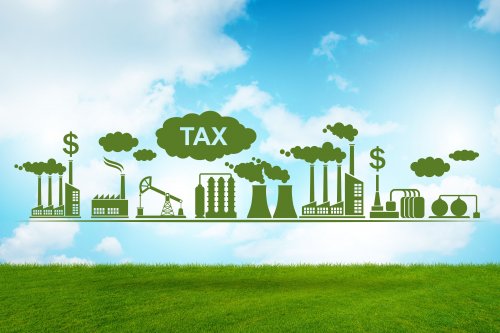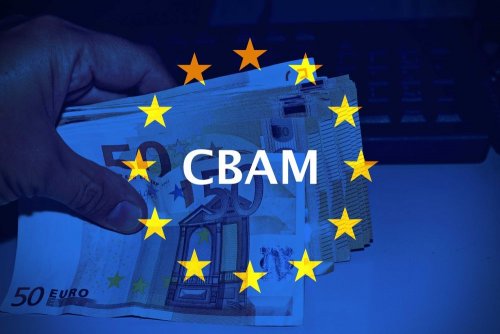DTEK Renewables LLC has started issuing carbon credits that companies can buy to reduce their carbon footprint in the production of products.
This is stated in the press release of the electricity producer.
One of the company's enterprises has been certified to issue carbon credits by the International Carbon Registry in Iceland. According to the registry's methodology, 1 carbon credit in Ukraine corresponds to a reduction of emissions by 1 ton of CO2 through the production of 1.56 MWh of energy from renewable sources.
"Recently, we issued the first guarantees of origin that can be purchased by Ukrainian business. Now, by issuing carbon credits, we are reaching the international level and calling on foreign business to support the recovery of Ukraine's energy sector. After all, the funds from the sale of carbon credits go directly to the development of RES capacities," said the general director of DTEK Renewables Oleksandr Selishchev.
The company estimates that the “clean” electricity generated by the company in 2019-2023 avoided 880 thousand tons of CO2 emissions.
International companies can buy carbon credits from DTEK Renewables to obtain the right to emit greenhouse gas emissions or to compensate for previous emissions from their operations. This tool is used to comply with environmental requirements and achieve sustainable development goals, including carbon neutrality, the company says.
EcoPolitic recently reported that new wind turbines are being installed in the Zborivska territorial community in Ternopil region to generate electricity. We also told you that the NOVUS chain has included a rooftop solar power plant (SPP) in the construction standard for its new stores.





